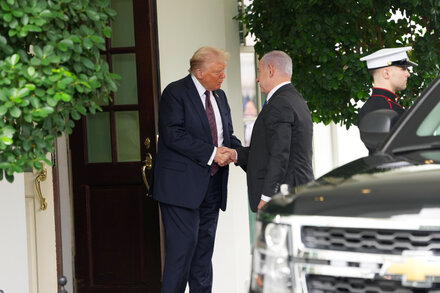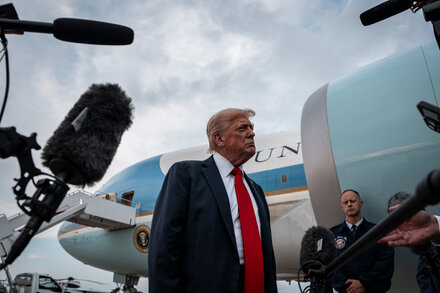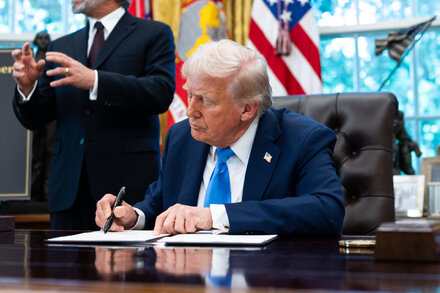The prospect of a government shutdown often raises concerns about economic disruption and public services, yet political analysts suggest such an event could offer strategic advantages to former President Donald Trump. While historically seen as a political liability, a shutdown might align with Trump’s established political narratives and campaign tactics, particularly when he is not directly holding the levers of federal power.
A government shutdown occurs when Congress fails to pass appropriations bills or continuing resolutions, leading to the cessation of non-essential government operations. This results in furloughs for federal employees, disruption of various government services, and can have a ripple effect on the national economy. Public reaction to shutdowns is typically negative, with blame often falling on the party perceived to be responsible for the impasse.
For Donald Trump, however, a shutdown provides fertile ground to advance an anti-establishment message. He has frequently positioned himself against the Washington “swamp” and career politicians, arguing that the system is broken. A governmental gridlock, particularly one leading to a shutdown, could be framed by Trump as further evidence of this dysfunction, reinforcing his message that only an outsider can fix what he describes as a corrupt system.
Political observers note that Trump has historically demonstrated a unique ability to navigate and even embrace politically risky situations, including previous government shutdowns during his presidency. Instead of accepting blame, he has often reframed such events as necessary stands against perceived government overreach or policy failures, particularly concerning issues like border security. This approach resonates with his base, who may view a shutdown as a forceful challenge to the status quo.
Furthermore, a shutdown ensures widespread media attention, a dynamic Trump often leverages to his advantage. The constant news cycle surrounding an inactive government would provide numerous opportunities for him to dominate headlines, express his views, and draw a contrast with the current administration or congressional leadership. This sustained platform allows him to reiterate his campaign promises and highlight perceived shortcomings of his political opponents.
By positioning himself outside the direct responsibility for a shutdown, Trump can criticize the inability of current leaders to govern effectively. This narrative allows him to present himself as a decisive alternative, capable of cutting through gridlock, even if his past actions have contributed to similar impasses. The public frustration generated by a shutdown could be redirected towards incumbent officials, potentially benefiting a challenger who promises radical change.
While government shutdowns generally carry risks for political figures involved, the particular political environment and Donald Trump’s distinct communication style and base support suggest a different calculus. His strategy often involves leveraging public discontent with institutional failures, making a government shutdown a potential amplifier for his core political messages.
Source: Read the original article here.





